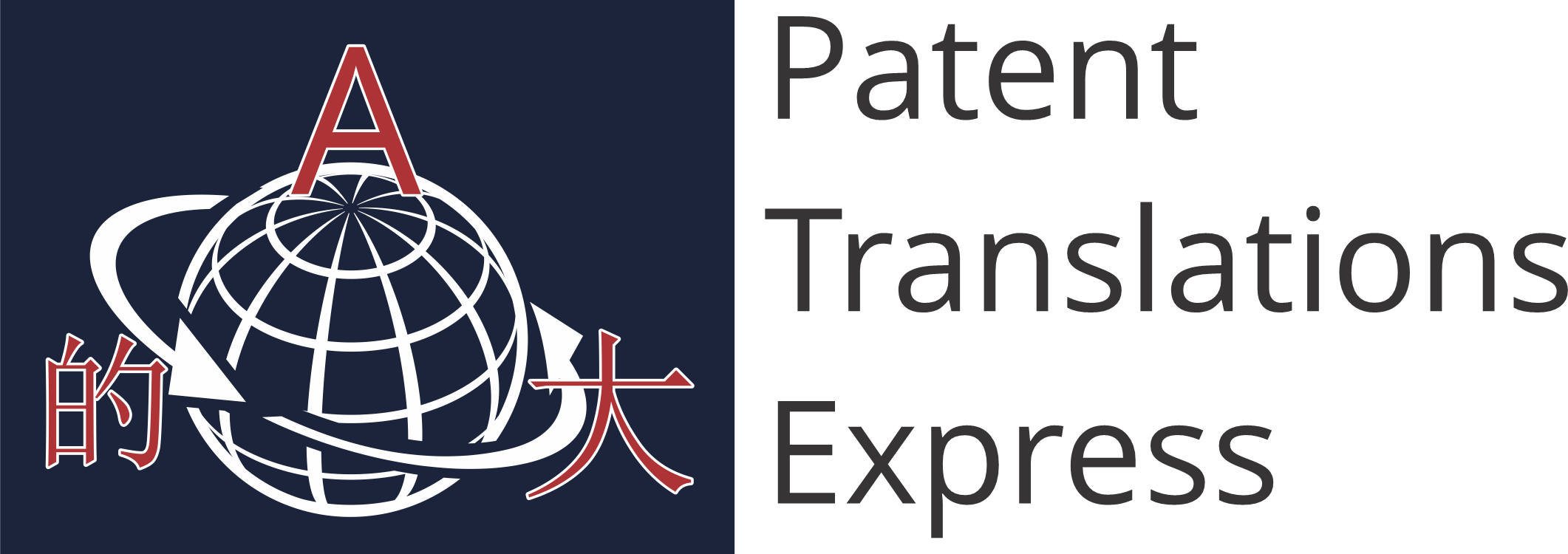Scientific and technical translation is not like a simple linguistic translation. It associates with itself in-depth knowledge of technical terms. These translations are very much important at any point in time. You might require a translated text of your patent application at the time of drafting the application. Therefore, it is very much prudent to produce precise translations. But this criterion becomes a major challenge since in scientific and technical translation language equivalence is not there. Scientific jargon are common while writing claims in the patent application. Therefore, there is a huge importance of technical translation while drafting the claims.
In situations where it gets difficult to find relevant words, then it is good to go with automated translation tools such as CAT tools. Also, you can use the Cross-Lingual Information Retrieval (CLIR) system which provides comparable corresponding words from the bilingual dictionaries.
The best way to avoid errors is to hire a professional technical translator with significant knowledge and expertise in such translations.
Also Read: Why Always Select A Trusted Patent Translation Vendor?
Why Scientific and Technical Translation is Tricky?
Here is to the challenges that a person comes across while doing the scientific and technical translation. Being clear about the technicalities also demands resourceful and insightful presentation of the translations. Accuracy and precision in both understanding and presenting the details are must for a good insightful patent translation. Scientific and technical translation is difficult and requires a significant amount of focus on the following aspects:
-
Precise Translation:
It is very much important that the translation conveys the exact meaning of the original text through non-technical terms. But sometimes it becomes very hard to find translations of those literal terms in some of the translated languages. This, in turn, poses major translation risks as it requires re-casting and re-framing of sentences.
-
Clarity of Concepts:
Technical translation is not like normal language translation. It is a specialized type of translation where the subject area deals with the practical application of scientific information. Hence, clarity of concepts is of chief priority. By repeating some technical terms, deleting unnecessary words, and by quoting new terms we can enhance readability.
-
Not Considering Cultural Aspects:
With word for word translation, translators often neglect cultural phrases. In order to avoid this error, one must go beyond the literal meaning of the words. Therefore, it becomes very much important what those words mean in a particular cultural context.
-
Use of correct numbers:
The numbering of claims is as per specific numbering format, depending upon the territorial IP rules. While translating, the translator must ensure translating all the numbers according to the translated language and as per the client’s requirements. Another way of maintaining consistency among the numbers is to use numbers in reference to the INID codes. The patent offices’ use these codes to depict correct bibliographic details.
-
Creation of new terms:
The scientific and technical industry is booming at a faster rate. With that, it is also bringing new scientific terminologies. While translating, the translator is sure of the existence of a different name for that new phrase or term. This, in turn, can make the word translation simple or difficult.
Why Scientific and Technical Translations are Specific?
Scientific and technical texts are not like other literary text. These texts come into existence only through research findings and investigations. Hence, they contain technical jargon and scientific terms. Moreover, it is very much important that scientific translators produce translations that are accurate and conclusive. This is because people read scientific texts even after years of their publication.
That’s why it is very much prudent to go for certified translations by scientific and technical translators.
Also Read: Quality of Patent Technical Translation: Why & How It Matters?
Since, scientific and technical translation requires not only the basic understanding of the language but also, in-depth knowledge of the scientific jargon. Along with this, precision and context management is a mandate.
Scientific and Technical Translation with Patent Translations Express
At Patent Translations Express, you will find a team of expert scientific and technical patent translators. For complete satisfaction, we offer free translation services for test purpose. We offer pocket-friendly services without making any compromise on the quality and accuracy of our results. Our experts hold Masters and Ph.D. Degrees in Science and technology with an in-depth understanding of patent literature. We provide you up-to-the-mark manually translated results optimized with CAT tools. You can find our free translation samples and can find services for PCT and multi-country filing translation services, by making a little inquiry.

